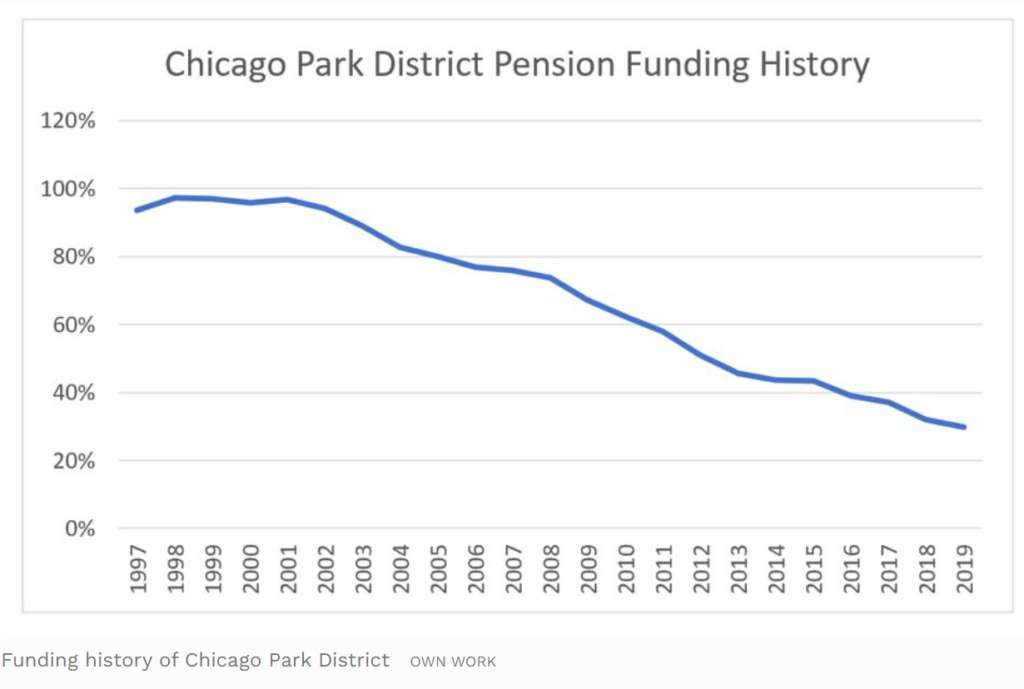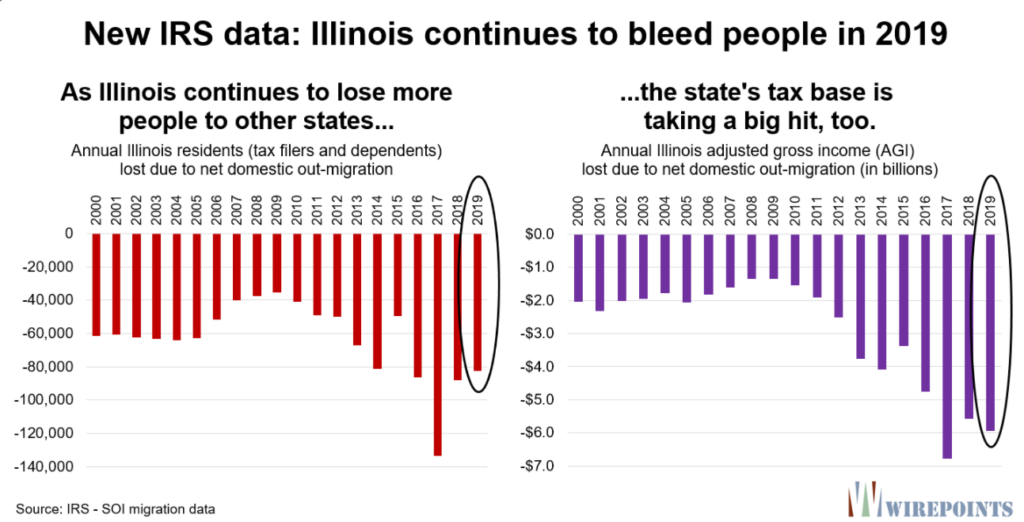Link: https://news.yahoo.com/treasury-lifeline-won-t-bail-190632365.html
Excerpt:
(Bloomberg) — The U.S. Treasury Department is sending a message to states and cities that the billions in aid from the American Rescue Plan should provide relief to residents, not their governments’ debt burdens.
The department on Monday released guidance on how state and local governments can use $350 billion in funding from President Joe Biden’s $1.9 trillion rescue package. The funds are intended to help states and local governments make up for lost revenue, curb the pandemic, bolster economic recoveries, and support industries hit by Covid-19 restrictions. In a surprise to some, these funds can’t be used for debt payments, a potential complication for fiscally stressed governments that had already etched out plans to pay off loans.
…..
Illinois Governor J.B. Pritzker had suggested using some of the state’s $8.1 billion in aid to repay the outstanding $3.2 billion in debt from the Federal Reserve’s emergency lending facility and to reduce unpaid bills. Illinois was the only state to borrow from the Fed last year, tapping it twice. On Tuesday, Jordan Abudayyeh, a Pritzker spokesperson, said the administration is “seeking clarification” from the Treasury on whether Illinois can use the aid to pay back the loan from the Fed.
…..
The rule could also affect New Jersey, which sold nearly $3.7 billion of bonds last year to cover its shortfall during the pandemic. Assembly Republican Leader Jon Bramnick, a Republican, in April had called for Governor Phil Murphy, a Democrat, to use some of the federal aid to pay down the state’s debt.
Author(s): Shruti Date Singh, Amanda Albright
Publication Date: 11 May 2021
Publication Site: Yahoo Finance


